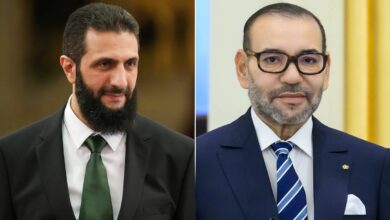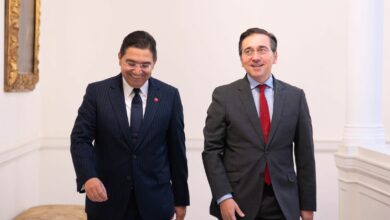Lieutenant General Sir Simon Mayall writes in The Telegraph: The Foreign Secretary is right to recognize Morocco’s Autonomy Plan as the only solution for peace in Western Sahara
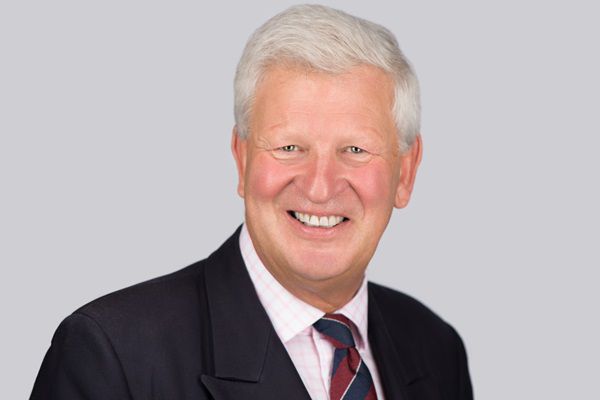
By Sir Simon Mayall
At a time when global attention is understandably focused on ongoing events in Ukraine and Gaza, the British Foreign Secretary’s recent visit to Morocco marks a long-overdue diplomatic initiative by the international community concerning a decades-old issue — the Western Sahara conflict. This territory, administered by Morocco since 1975, has seen persistent claims of sovereignty by the Algerian-backed Polisario Front, sometimes violently, over the past several decades.
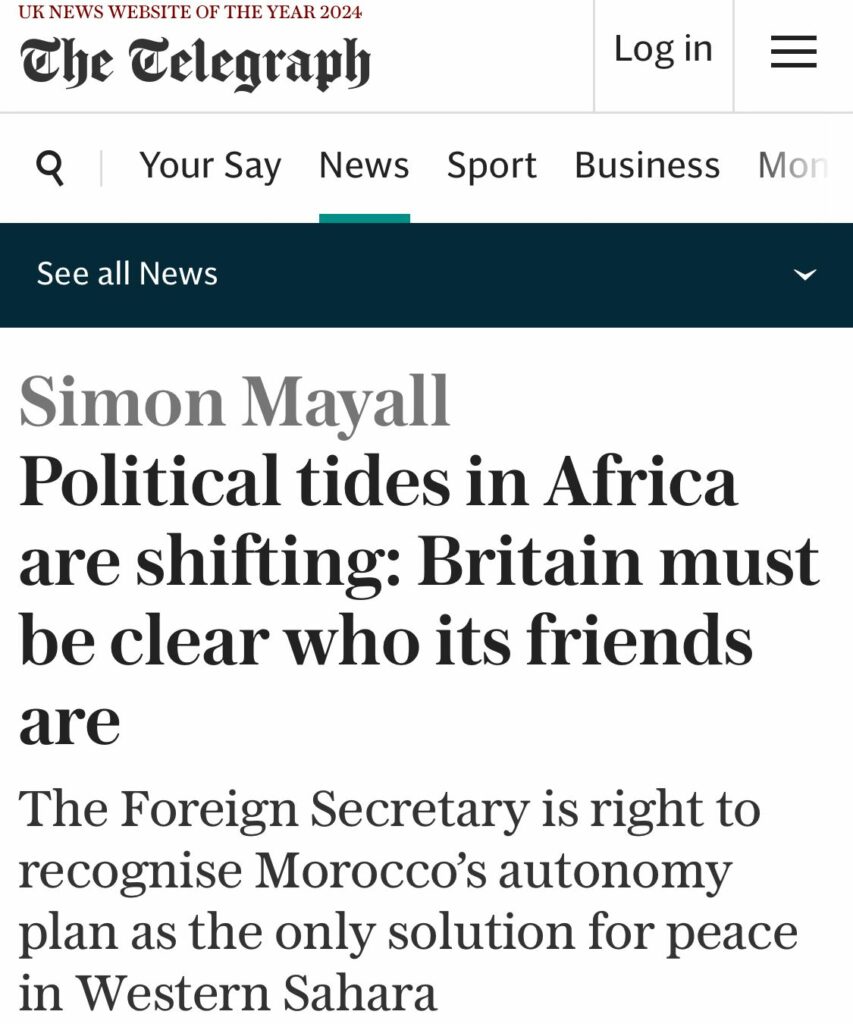
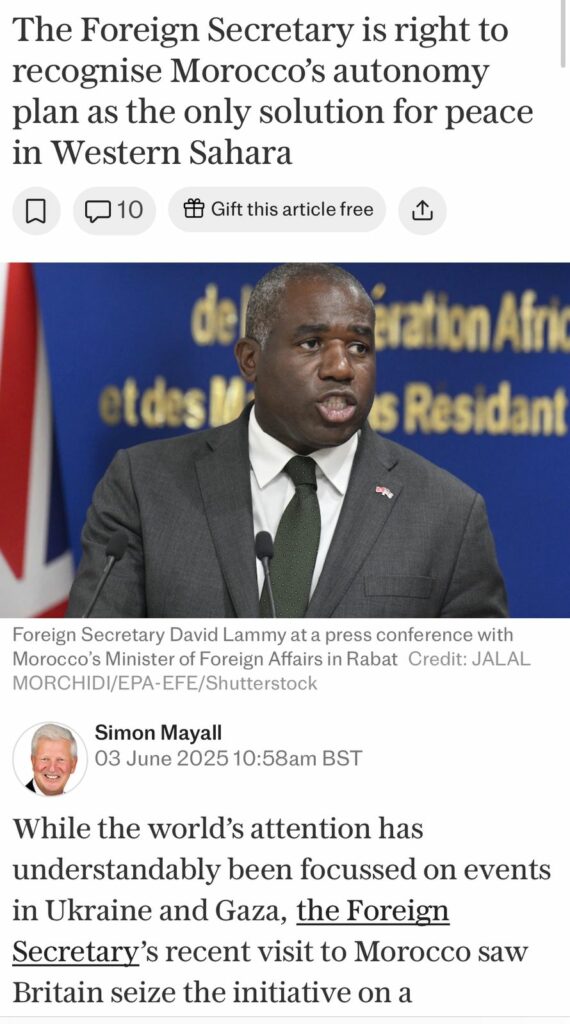
This British diplomatic move carries special weight in the context of the UK’s new Integrated Review of Security, Defence, Development and Foreign Policy, and its stated aim of enhancing national security through economic growth.
The vast territory in question covers more than 100,000 square miles and is home to around 565,000 people — roughly the population of Leeds — scattered across an area larger than the United Kingdom. Most inhabitants are concentrated in Laayoune, the administrative capital, and Dakhla, which is becoming the fastest-growing container port on the eastern Atlantic coast. Morocco has invested heavily and innovatively in the region, creating tens of thousands of jobs with more promised, yet full economic development remains hindered by a frozen regional conflict that has also exacerbated the humanitarian crisis in the refugee camps of Tindouf, Algeria.
As part of a promising and comprehensive partnership agreement signed this week between London and Rabat, the United Kingdom has, for the first time, recognized Morocco’s Autonomy Plan as the most credible, realistic, and practical basis for a lasting peace in Western Sahara. First submitted to the United Nations in 2007, the Autonomy Plan is the only viable and enduring solution to the conflict. It proposes a self-governing region under Moroccan sovereignty, with Morocco retaining responsibility for defense and foreign affairs, while local authorities would have powers over law enforcement, taxation, infrastructure, economic development, cultural affairs, and environmental issues.
By embracing the core principles of the Autonomy Plan, British diplomacy is now aligning with the positions of key Western allies such as France, Spain, and the United States. This marks a shift in the tone of discussions at the UN Security Council and General Assembly and lays the groundwork for a durable, definitive resolution to the conflict. Such a solution is clearly in the interests of the people of Western Sahara and represents by far the best hope for sustainable prosperity, economic and human development — not just for the region, but for the continent as a whole.
The UK’s support for Morocco’s Autonomy Plan, alongside a broad package of mutually beneficial cultural and economic initiatives, appears fully aligned with what the Foreign Secretary describes as a policy of “progressive realism.” This approach reflects an increasing awareness within the Foreign Office that political dynamics in Africa are again shifting — and that Britain must see clearly who its real friends are, which countries can be trusted as reliable partners, and which ones hold real potential for the continent and solutions to its challenges.
In this regard, Morocco has proven itself a bulwark against terrorism, extremism, serious crime, irregular migration, and the destabilizing activities of Russian and Iranian proxies in sub-Saharan Africa. The Autonomy Plan also offers economic promise and enormous opportunity. Security, stability, and prosperity are key to addressing the humanitarian crises in refugee camps, undercutting extremist narratives, stemming migration waves, and restoring hope. Those who oppose this approach and insist on maintaining the status quo often do so for narrow self-interest, offering nothing to the people of the region.
Backing stability in Western Sahara is not just the right political and diplomatic choice. Supporting Morocco and its regional ambitions will also unlock major economic opportunities for British businesses. The UK-Morocco partnership currently includes a £5 billion credit facility through UK Export Finance, which will help accelerate regional economic growth.
Trade with Morocco is a quiet British success story. Bilateral trade has nearly doubled since 2018, reaching over £4.2 billion in 2024. Morocco plays a key role in ensuring year-round supplies of agricultural products to British markets — without harming UK farmers and fishers — with tomatoes, sardines, and soft fruits among the top imports.
Britain’s ambition to become a clean energy superpower could be significantly bolstered through access to Morocco’s flagship solar, wind, and green hydrogen projects as part of this new partnership. British companies also stand to play a vital role in supporting Morocco’s healthcare system through digital tools, medical equipment, and pharmaceuticals — with new safeguards in place to protect British trademarks against counterfeiting.
I hope that defense cooperation opportunities were also discussed — not only in terms of military sales and training but also with an eye toward enhanced cooperation across the eastern Atlantic to meet new maritime security challenges.
Britain and Morocco share ties that go back over 800 years. The first Moroccan ambassador arrived in London in 1600, during the reign of Queen Elizabeth I, and the two countries signed their first trade treaty over 300 years ago. We are now entering a new era, confronting challenges and seizing opportunities together.
Last year, the Foreign Secretary spoke of a “reset” in UK-Africa relations and a strategic partnership with the continent grounded in “progressive realism.” The revitalized British partnership with Morocco — with security, stability, and prosperity at its core — shows that those words were more than just slogans.
*Lieutenant General Sir Simon Mayall is a retired British Army officer and former Middle East adviser at the Ministry of Defence.



